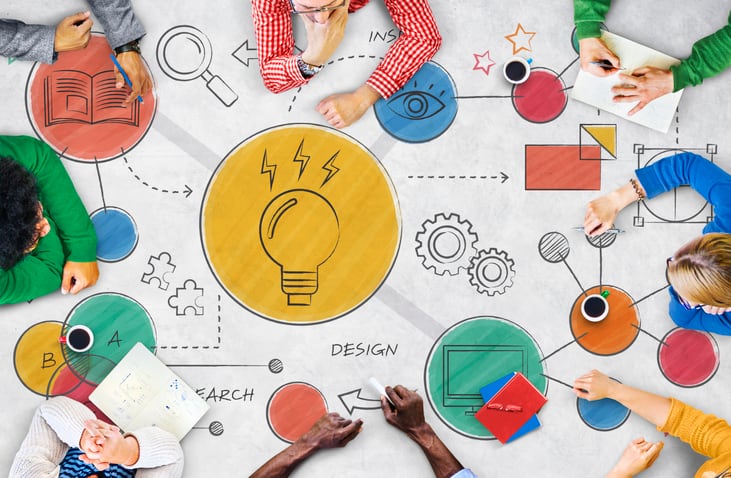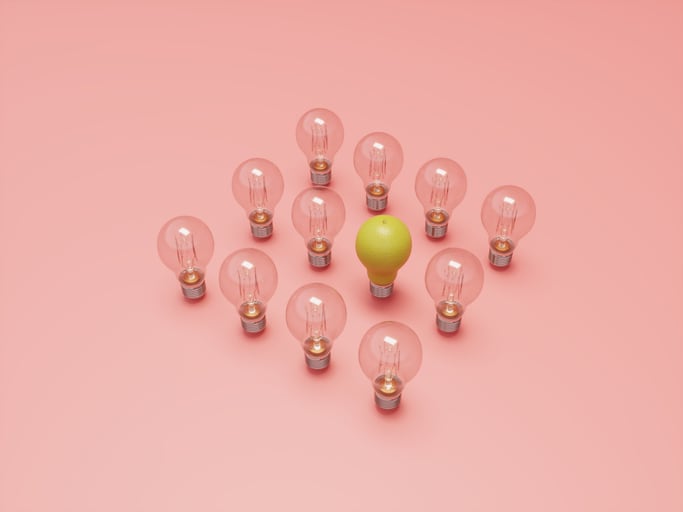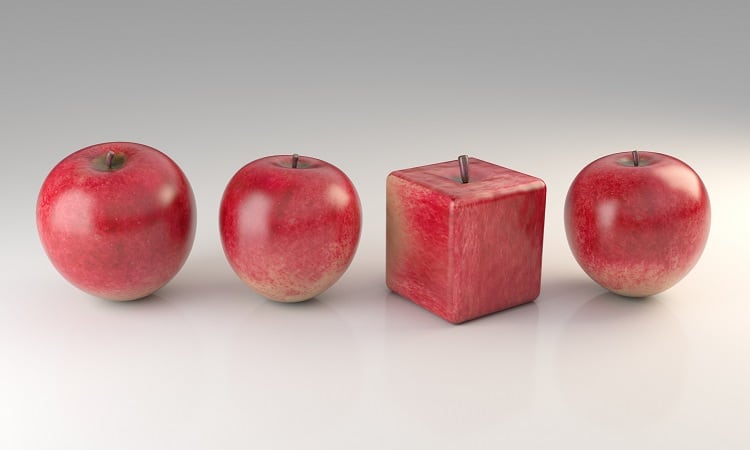In Europe, private label’s prospects are now formidable, according to recent research by IRI. It found that private label innovation is leading in high-margin categories such as bakery and beverages.
An MMR Research survey has also found 80% of British shoppers believe supermarket brands to be just as good. Despite rampant inflation biting shoppers across Europe, consumers are seeking uplifting experiences, the agency said.
Brands can utilise this fact to counter the march stolen on them by private labels, MMR Research's Chief Ideas Officer Andrew Wardlaw told a webinar. Now is the time for brands to double down on their sensory appeal, he contended. "Yes, it is important that brands keep prices down but endless cost engineering risks your brand advantage so we must also think about strategies that help us build the more distinctive, less substitutional, product experience of the future."
Consumer expectations at their highest
Wardlaw noted three 'post pandemic' phenomena that a brand's innovation strategy must adapt to. First, consumer expectations of your brand are probably higher than they’ve ever been. MMR's research has revealed sustained post-COVID concerns among consumers about their sleep, stress levels, and brain and immunity health.
"We're all also more concerned about the planet's health," he added. Mastercard found in late 2021, for example, that 85% of adults across 24 countries are now more willing than before the pandemic to take personal action to combat environmental change.
"When everything matters more, every choice your consumer is making is going to face increased scrutiny,” noted Wardlaw. “Every purchase they make will be more heavily curated and will be more intentional. That means expectations from your product are most likely to be higher than at any other time."
At the same time, consumer’s attention spans are lowering as the acceleration of online technology such as metaverse leaves us all overstimulated.
"People are emotionally exhausted dealing with an escalation in their working hours, culture wars and higher levels of uncertainty which seem to define life in the 2020s. As we move beyond the pandemic, commentators are talking about a vibe shift that will see the importance of user experience accelerate as a YOLO [you only live once] mindset expands.
“People are finding themselves prioritising those elevated product experiences that make daily life a bit more satisfying and mainstream players are starting to realise this.”
Desire to make up for time lost
"As consumers we're all juggling several emotional states right now,” added Jennifer Creevy Head of Food & Drink at global trend forecaster WGSN.
“We're forecasting that there is now a desire to take back some of that time and create special moments to feel like we're living in the moment which we haven't been for the last couple of years. The cost of living crisis is incredibly difficult but consumers are seeking a revival of that feeling of awe and wonder that has been lacking."
A cohort she identifies as 'memory makers', for example, are seeking to transform their lives and live in the present. “There's a real sense of missing out in the last couple of years and now a renewed desire to make the most of each day and make up for that lost time."
Another cohort - sensory seekers - are craving the ‘experiential and the new’ and want to expand their world through food, explained Creevy. “They look to reject the status quo and embrace discovery. They're open minded to seek out those high sensorial moments whether in real life or digital experiences. They're driven and passionate about things like rediscovered cuisines or embracing tech led innovation and want to have those experiences first.”
Multi-sensorial food products can therefore appeal to these sensory seekers, she said. “We've all seen multi-sensorial fine dining experiences, but these moments can be created by mainstream brands. It’s that element of newness which is exciting at the moment.
"Consumers seek out those brands and products that deliver something new - that cut through the ordinary."
Want examples?
PepsiCo has been dialling into old flavours and 3D textures including Lay's Layers in the US, for example, where it has also unveiled Nitro Pepsi, the first-ever nitrogen-infused cola drink, described as “creamy, smooth and has a mesmerizing cascade of tiny bubbles topped off by a frothy foam head”.
Coke also released Coca-Cola Zero Sugar Byte, a new limited-edition ‘pixel-flavoured soda’ that was ‘born in the metaverse’ - a great example of blurring the boundaries between physical and digital and delivering a flavour that consumers won't have had before.
Back in Europe, Hendriks created a ‘magic of the sea spa kit’ for the launch of its Neptunia gin, another great example of extending an appeal of a brand and delivering an experience that taps into that customer need for experiene and self care.
Get ready for the age of products over optimisation
These experiences remain comparatively more affordable, noted Wardlaw.
“To be ready for the ‘product age’, brands need to prioritise the product experience and move from a culture perhaps of optimisation and enter a brave new world of maximisation to get noticed and be remembered. I hope we can rise to this challenge of heightened product theatre.
"The pandemic has accelerated dynamics that mean brand building is likely to get a bit harder, and therefore your product is going to matter more. There are new ways to respond, and better product experiences equal more sensory products. Careful engineering of sensory cues can lift expectations and improve the perceived reality of consumers. We have to assume that with private label on the war path, everything matters."





